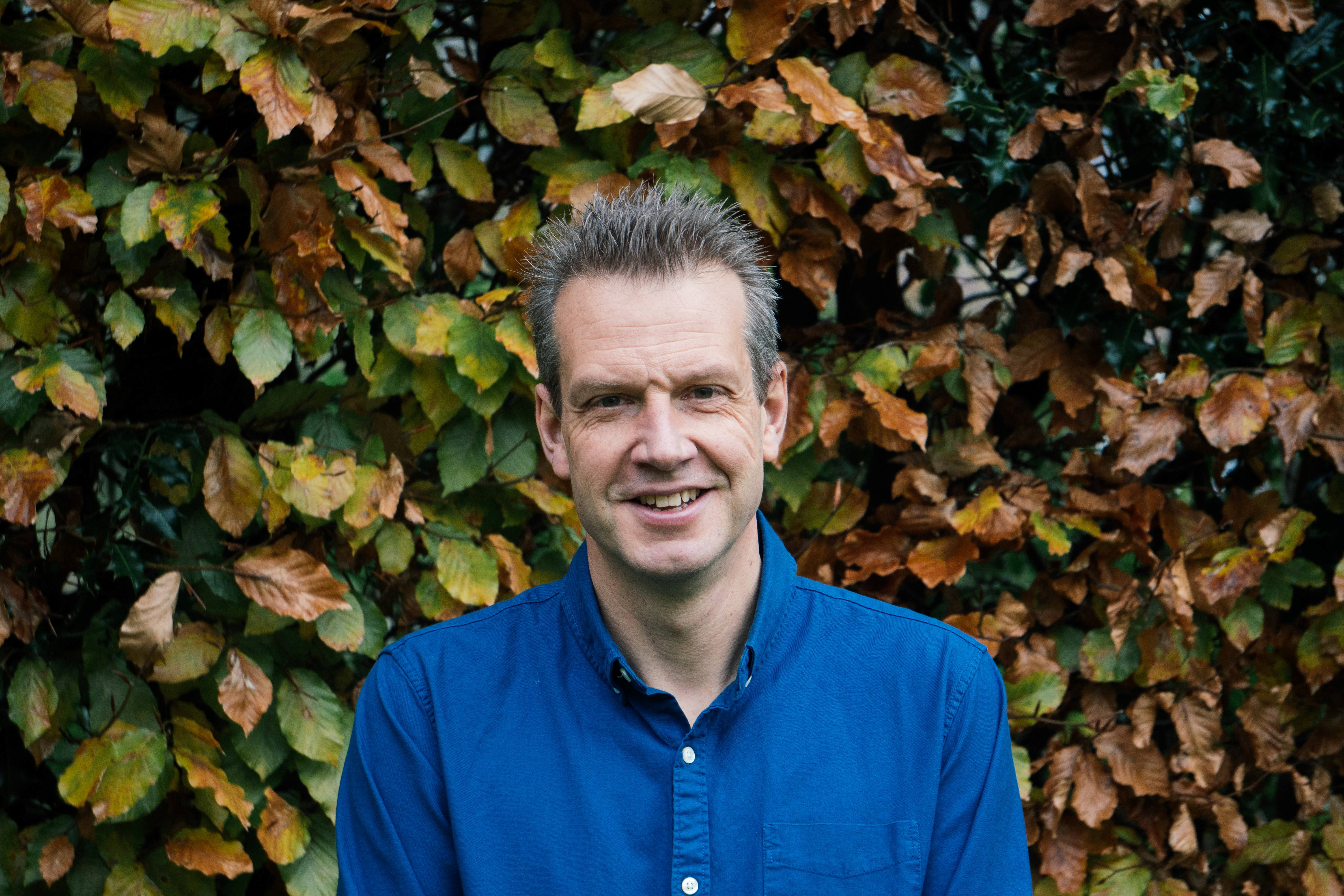
I was ‘staggered’, says the team’s researcher

IT WAS NOT until he started helping GP surgeries look more closely at where this pent-up demand was coming from that Tony Hufflett realised how much healthcare had been flying blind in recent years. He found that surgeries not “knowing” their patients is based on several things:
* The importance of social determinants of health are widely documented and often acknowledged as the greatest drivers of individual health.
* But a series of short, time-pressured, clinically-focussed conversations with a GP don’t allow a wider relationship to develop – less so even with email or telephone contacts.
* There is widespread discontinuity of GP care across most practices – with a different GP seen every time the patient attends.
When GPs and surgeries are asked for their knowledge of patients - for example, long-term regular attenders – then the answer is often “we should know more” about a patient’s life context.
“The trouble is”, said Tony, “that clinical systems in-practice are not usually set-up to easily capture and collate ‘soft’ or non-clinical information on patients.
“Of course, other roles have been introduced to practices to allow time for this wider connection and wider thinking and support - like social prescribers, health and wellbeing co-ordinators, care navigators, and so on.
“The challenge is linking them in a data-led approach to these patients who are seeing GPs heavily to help with that workload.”
tony@datasyrup.net